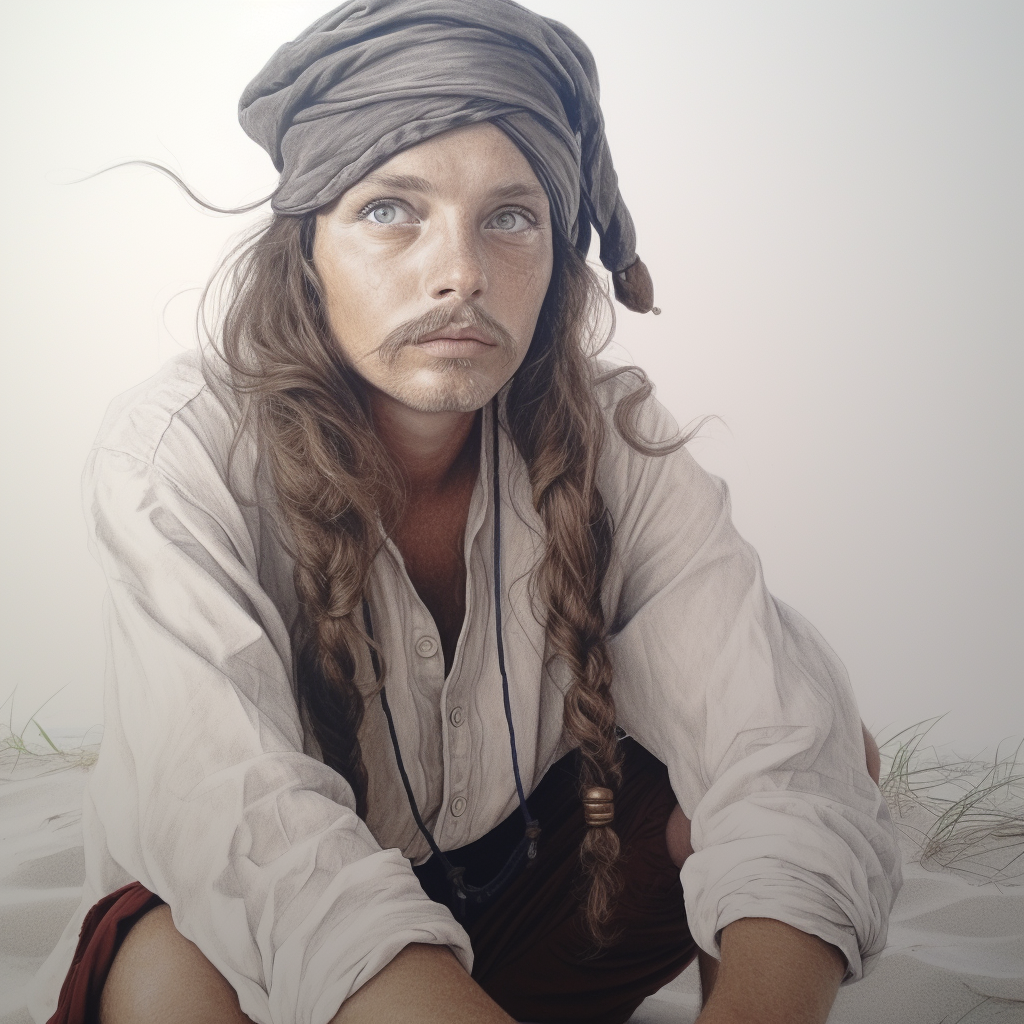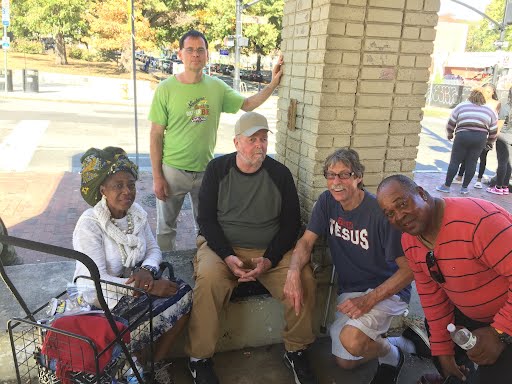The Boston Tea Party
Did you know …
The American colonists didn’t like taxes anymore than Americans today, but there was a big difference when Great Britain ruled us over 235 years ago. The colonists had no representatives in Parliament, England’s lawmakers. They didn’t feel it was fair to be taxed with representation in the government.
England passed a law that taxed several items including tea, paper, and glass. When the colonists grumbled about the tax, England decided to tax only tea.
In 1773, King George III of England tried to force the colonies to accept tea from the East India Company. The British knew that Americans enjoyed drinking tea and assumed they would rather pay the tax than go without tea.
They were wrong. Philadelphia and New York refused to allow the ships to land. The people of Charleston placed the tea cargo in a warehouse, holding the tea for three years. Then they sold it to help pay for the war.
A ship named the Dartmouth arrived at Boston on November 28, 1773, carrying tea for the colonies. Samuel Adams and other patriots wouldn’t allow them to unload. Two more ships arrived with tea, the Eleanor and the Beaver.
On the morning of December 16, 1773, a large meeting was held at the Old South Meeting House. The colonists demanded that the ships leave the harbor without paying the tea tax. The British refused to allow them to leave without paying.
That night, over 100 men disguised as Indians met at the harbor. George Hewes was one of the men who took part in the Boston Tea Party. He painted his face and hands with coal dust and carried a hatchet and a club to Griffin’s Wharf in Boston. Three men acted as leaders and divided all those gathered into three groups. They quickly boarded the ships. The captain gave George the keys to the cargo, but asked him not to harm his ship. The men cut the chest to expose the tea to the water before throwing them overboard.
It took about three hours. Armed British ships surrounded the patriots, but they didn’t try to stop them.
The patriots didn’t harm the three ships.
The next day, some of the tea was still floating on top of the water. Sailors and citizens rowed small boats out into the harbor and beat the tea with oars and paddles so that it was ruined.
Patriots in other harbor cities also tossed tea into the ocean.
The British were very angry and they passed a law closing the Boston harbor. British troops were already stationed in Boston. British General Gage came to Boston to take command of the troops there. Also, town meetings were restricted.
The other colonies united with Massachusetts because of the harsh treatment from the British.
– Sandra M. Hart





